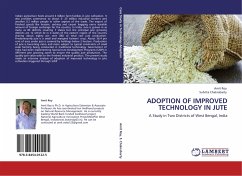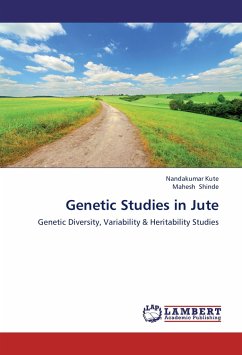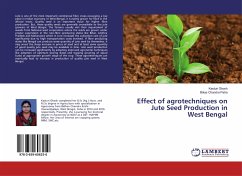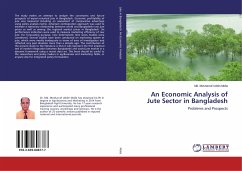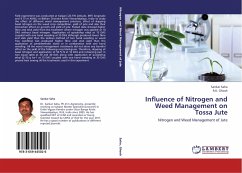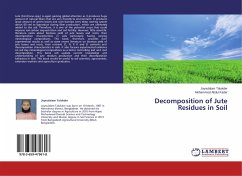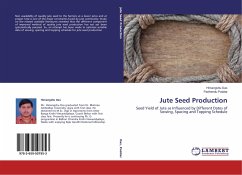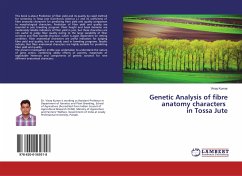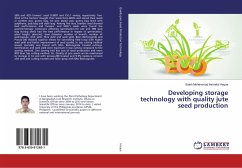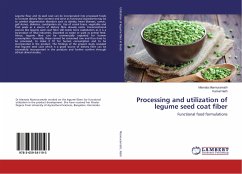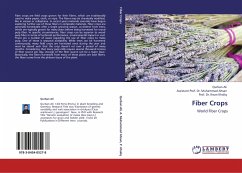
Fiber Crops
World Fiber Crops
Versandkostenfrei!
Versandfertig in 6-10 Tagen
45,99 €
inkl. MwSt.

PAYBACK Punkte
23 °P sammeln!
Fiber crops are field crops grown for their fibers, which are traditionally used to make paper, cloth, or rope. The fibers may be chemically modified, like in viscose or cellophane. In recent years materials scientists have begun exploring further use of these fibers in composite materials. Fiber crops are generally harvestable after a single growing season, as distinct from trees, which are typically grown for many years before being harvested for wood pulp fiber. In specific circumstances, fiber crops can be superior to wood pulp fiber in terms of technical performance, environmental impact ...
Fiber crops are field crops grown for their fibers, which are traditionally used to make paper, cloth, or rope. The fibers may be chemically modified, like in viscose or cellophane. In recent years materials scientists have begun exploring further use of these fibers in composite materials. Fiber crops are generally harvestable after a single growing season, as distinct from trees, which are typically grown for many years before being harvested for wood pulp fiber. In specific circumstances, fiber crops can be superior to wood pulp fiber in terms of technical performance, environmental impact or cost. There are a number of issues regarding the use of fiber crops to make pulp. One of these is seasonal availability. While trees can be harvested continuously, many field crops are harvested once during the year and must be stored such that the crop doesn't rot over a period of many months. Considering that many pulp mills require several thousand tonnes of fiber source per day, storage of the fiber source can be a major issue. Botanically, the fibers harvested from many of these plants are bast fibers; the fibers come from the phloem tissue of the plant.



